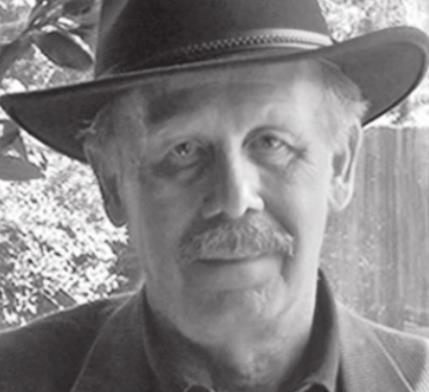The Dirty Dozen” opened in movie theaters nationwide on Jun. 15, 1967 with a popular Texas-born singer in his first serious role.
Trinidad Lopez III inherited his musical talent and stage presence from his father, who was a singer, dancer, actor and gifted musician in his hometown of Moroleon, Mexico. He and his wife Petra crossed the Rio Grande in the mid-1930’s as undocumented immigrants and worked hard to make a new life for themselves in Dallas.
The third Trinidad, who like his father was called Trini, was born in 1937 in the poverty-stricken barrio known as “Little Mexico.” To support a growing family that came to include four daughters and two sons, Trini II worked as a manual laborer during the day and a cantina entertainer at night, while Petra took in laundry in addition to her household chores.
Trini the younger was 11 years old, when his father spanked him for “hanging around with the wrong kind of kids.” Feeling guilty over the severity of the punishment, he bought the boy a $12 pawnshop guitar and taught him how to play it.
The memory of that life-changing event always brought a smile to Trini’s face. “That was the greatest reward of my life,” he would say.
In no time at all, Trini was plucking his proudest possession for nickels and dimes on the street corners of “Little Mexico.” Passersby liked it even better when the youngster sang, especially traditional Mexican folk songs.
Beyond the borders of the close-knit neighborhood, Trini encountered the racial bias and discrimination typical of the times. When asked he spoke frankly about his childhood experience: “I grew up in a very prejudiced part of the country. My father would take us to a little hamburger place – and they wouldn’t serve us. Then, when we would get in a bus to go to school, they would tell us to sit in the back of the bus.”
Fifteen and anxious to get on with his life, Trini dropped out of high school his senior year. To help his struggling family financially as well as to launch his career, he began playing in the local clubs and bars, several of which were owned by Jack Ruby the future assassin of Lee Harvey Oswald.
In 1957 he met the West Texan, who was setting the rock and roll world on fire. Buddy Holly recognized the Dallasite’s talent right off and introduced him to his record producer. More to stay on good terms with Holly than anything else, Norman Petty invited Trini and his band The Big Beats to his studio in Clovis, N. M.
The long and costly trip turned out to be a bust. Neither Petty nor his bandmates wanted Trini to sing, which was why the two records they cut were instrumentals. Fed up with the producer as well as his supposed friends, Trini returned to Big D determined to go it alone.
For the next five years, he continued to make the rounds of the Dallas club circuit. He did succeed in getting his foot in the door with two small record labels, but nothing came of it.
Then in 1962, The Crickets called Trini out of the blue. They needed a vocalist to take the place of Holly, who died in a plane crash three years earlier, and wondered whether he might be interested.
Trini flew to Los Angeles at his own expense to audition for the part of the “next Buddy Holly.” But, as he later recalled, The Crickets were too busy partying to talk business.
That keen disappointment turned into the opportunity of a lifetime that, in his own words, completed Trini’s journey “from the barrio to Beverly Hills.” Overnight he became the star attraction at PJ’s, a favorite with the Hollywood crowd and other celebrities.
It took just two shows for Frank Sinatra to sign Trini to a contract with his own recording label Reprise. In a few short weeks, the live album “Trini Lopez At PJ’s” was soaring up the charts in the United States and Europe.
Trini’s debut album featured the smash hit “If I Had Hammer” that reached No. 1 in 36 countries and No. 3 in the U.S. As a single, it sold more than a million copies and earned the singer his one and only gold disc.
For the rest of the 60s and the 70s, Trini performed before packed houses wherever he went, especially in Las Vegas and most of Europe. He shared a Paris stage with The Beatles on the eve of their 1964 American invasion.
He loved to tell the story of how he “stole the show” from the future “Fab Four” every night. “The French newspapers would say, ‘Bravo, Trini Lopez! Who are the Beatles?’”
Trini recorded more than 60 albums prior to his death from COVID-19 in August 2020. He never married and had no children. As the lifelong bachelor once explained, “I’ve always been a loner.”


